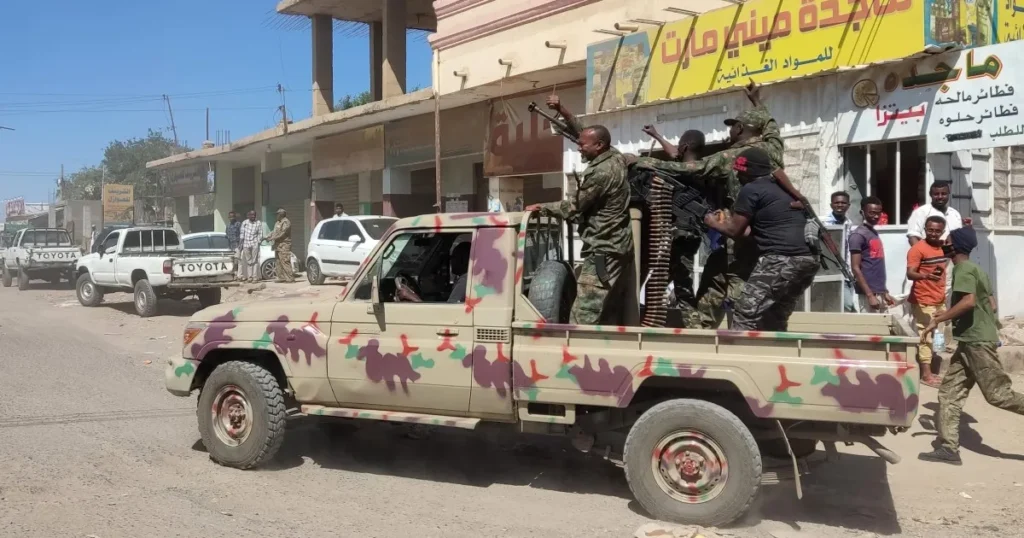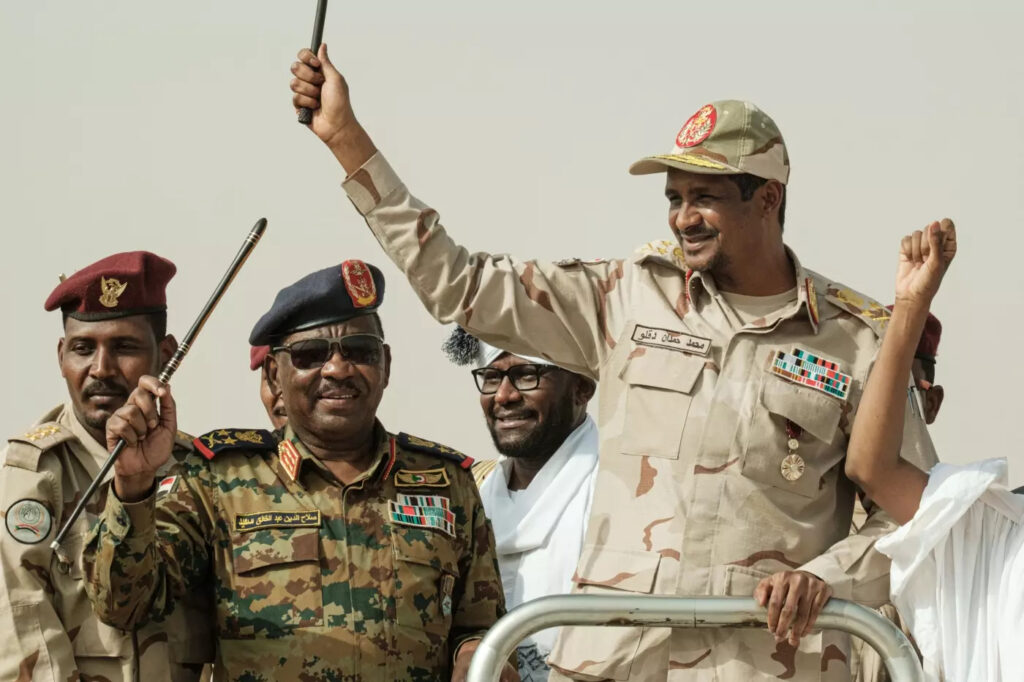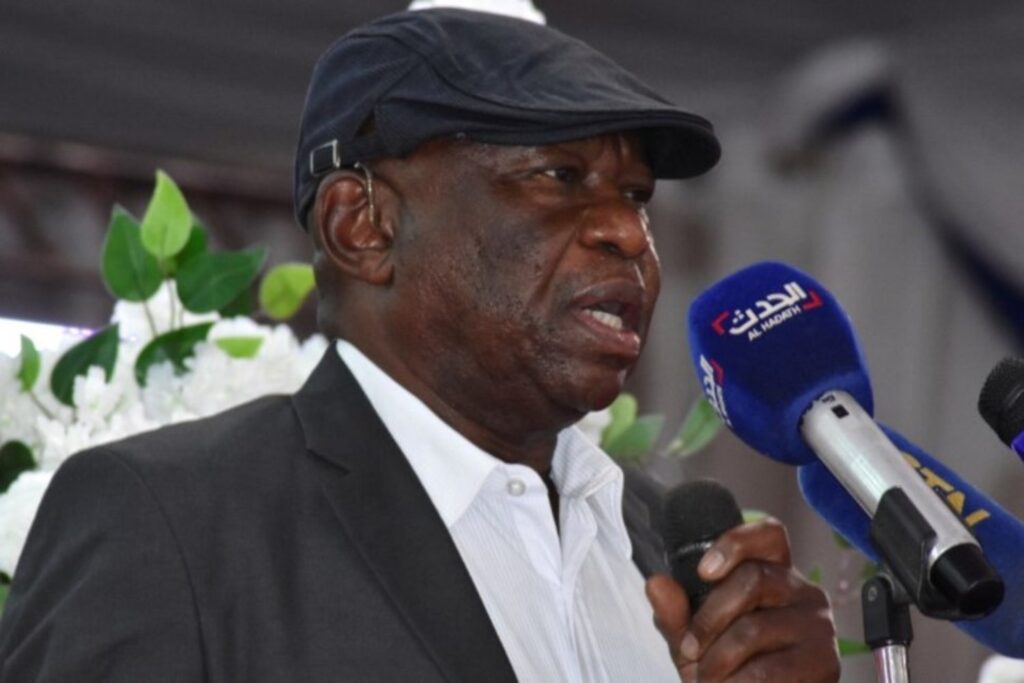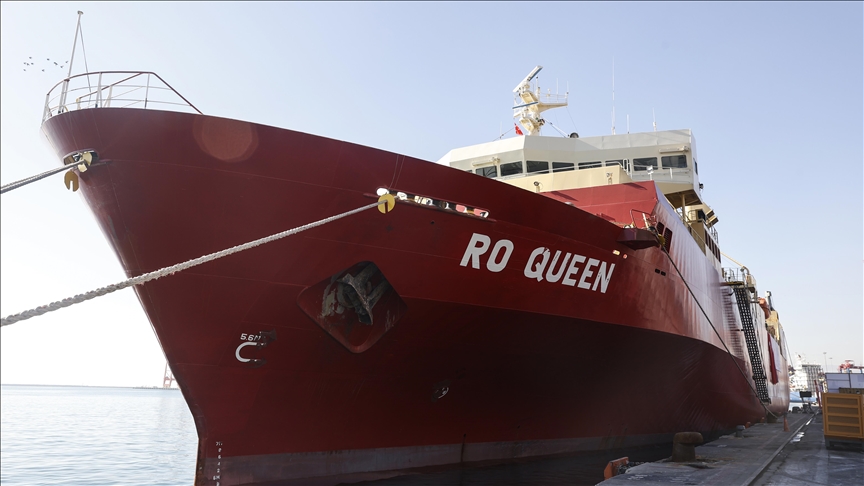
Sudanese politicians and activists expressed optimism Tuesday that the signing of a political charter to establish a new Sudanese government could pave the way for a legitimate representative body capable of ending the war and halting the bloodshed.
A conference in Kenya’s capital, Nairobi, brought together political and civil groups—including the United Civilian Forces Alliance (Qimam), the Sudan People’s Liberation Movement (SPLM), the Unified Federal Party, the National Umma Party, and the Revolutionary Front—along with various other organizations.
The event focused on forming a government in areas controlled by the Rapid Support Forces (RSF).
SPLM leader Abdelaziz Adam al-Hilu emphasized the need for a broad civil front to push for democratic transition and lasting peace. Speaking at a preliminary signing ceremony, he urged Sudanese citizens to support the initiative, which he framed as a challenge to junta rule in Port Sudan.
“This is a crucial step toward ending war and fostering a new social contract that will form the constitutional foundation for governing Sudan,” al-Hilu said.
Nassr Al-Din Ahmed Idris, head of administration and organization for Qimam, told Erem News that the anticipated political charter would lay the groundwork for a civilian government committed to justice and equality. He argued that such a government could rescue Sudan from the isolation and societal fragmentation caused by the former regime.
“The upcoming government will be inclusive, representing all regions and communities in Sudan,” Idris said, adding that diplomatic representatives were expected to attend the signing ceremony.
The charter signing was originally scheduled for Tuesday in Nairobi but was postponed to Friday.
Revolutionary Front leader Al-Hadi Idris stressed that the agreement highlights the urgency of ending the war, preserving Sudan’s unity, and establishing democratic governance. He noted that while the new government’s capital would be Khartoum, alternative locations were under consideration if circumstances required.
RSF advisor Imran Suleiman described the peace government as a long-held aspiration for many Sudanese. In a post on X (formerly Twitter), he highlighted the strong turnout at the Nairobi conference, emphasizing the charter’s goal of safeguarding Sudan’s territorial integrity and erasing what he called “war profiteers” from the nation’s history.
The formation of the peace government has been met with enthusiasm among Sudanese activists. Ali al-Kanari, a Sudanese activist, thanked Kenya for hosting the conference, calling it an opportunity for Sudanese people to “make history.” He also praised African and Arab nations supporting efforts to end the war and humanitarian crisis.
“This is a crucial step toward stopping the military’s oppression of civilians based on ethnic and regional discrimination,” al-Kanari wrote on X.
Similarly, Al-Noor Rabah, head of Sudan’s civil committees in East Darfur, hailed the charter as a decisive move to end the massacres and abuses committed by Sudan’s military over decades.
“The future belongs to a Sudan free from racial and regional discrimination,” Rabah said.
The signing of the political charter for Sudan’s peace government is now set for Friday in Nairobi, with broad participation from political and civil groups.




